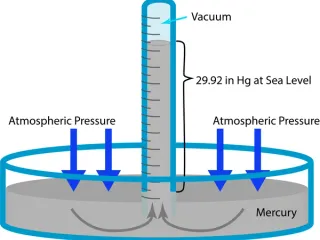Duration refers to the length or extent of time that something lasts or continues. It's a fundamental concept across various disciplines, from physics and engineering to everyday life. Understanding duration involves comprehending its measurement and conversion between different units.
Units of Duration
Duration is typically measured in units such as:
- Seconds (s): The base unit of time in the International System of Units (SI).
- Minutes (min): 60 seconds.
- Hours (h): 60 minutes or 3600 seconds.
- Days (d): 24 hours.
- Weeks (wk): 7 days.
- Months: Variable length, typically 28-31 days.
- Years (yr): Approximately 365 days.
Duration in Different Fields
The concept of duration plays a crucial role in:
- Physics: Measuring the time intervals of events, calculating speeds and accelerations.
- Engineering: Determining the lifespan of components, designing timing circuits.
- Project Management: Estimating task completion times, scheduling projects.
- Finance: Calculating interest rates, determining investment durations.
- Chronology: Dating historical events and periods.
Duration Conversions
Converting between units of duration is a common task. For example, to convert minutes to seconds, you multiply the number of minutes by 60. Online tools and calculators are readily available for complex conversions.
Example: 30 minutes = 30 min * 60 s/min = 1800 seconds
For more in-depth information on time and its measurement, you can explore resources like the National Institute of Standards and Technology (NIST) website.






































 (24)jpeg-1722421859875.jpeg.webp)



